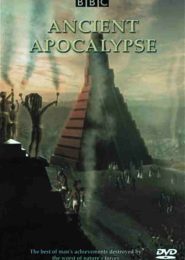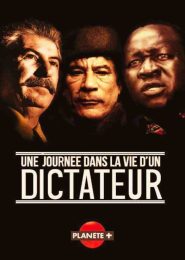Elusive Peace: Israel and the Arabs (2005)
In the tumultuous aftermath of the 2000 Camp David Summit, where hopes for a lasting Israeli–Palestinian peace were ignited and then dashed, the three-part British documentary series Elusive Peace: Israel and the Arabs delves into the intricate web of negotiations, conflicts, and personal struggles that defined this critical period.
- Clinton (1999/2000):
- Israeli Prime Minister Ehud Barak persuaded President of the United States Bill Clinton to dedicate his final year-and-a-half in office to resolving the age-old Israeli–Palestinian conflict.
- The 2000 Camp David Summit, a pivotal moment, ultimately failed, partly due to the provocative visit of Israeli opposition leader Ariel Sharon to the Al-Aqsa Mosque compound on September 28, 2000.
- Key contributors include Yasser Arafat, Madeleine Albright, and the indomitable Bill Clinton himself.
- Arafat (2001/2002):
- Moderate Republican U.S. Secretary of State Colin Powell endeavors to reignite the peace process by engaging in negotiations with Palestinian leader Yasser Arafat.
- Powell faces obstacles from hard-line Republicans and an unyielding Arafat.
- The documentary features insights from Ariel Sharon, Shaul Mofaz, Anthony Zinni, and others.
- Sharon (2003-2005):
- U.S. President George W. Bush steps into the fray, attempting to broker a resolution.
- Arab allies exert pressure, urging Bush to influence Israeli Prime Minister Ariel Sharon.
- The series captures the perspectives of Colin Powell, Shaul Mofaz, Benjamin Netanyahu, and Richard Armitage.
Elusive Peace: Israel and the Arabs weaves together interviews with key players, revealing the complexities, missed opportunities, and enduring hope for a peace that remains just out of reach. Norma Percy’s masterful production sheds light on the human drama behind the headlines, leaving us pondering the elusive nature of lasting reconciliation.




